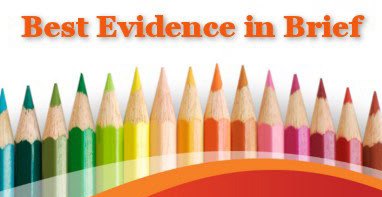The neglect of evidence-based argument writing in educational curricula, marked by infrequent assignments in middle school and a lack of analysis and evidence use in high school, hinders the development of well-reasoned essays. Teachers often feel unprepared and seldom incorporate evidence-based practices into argument-writing instruction. In response to this gap, the Triple Q instructional program seeks to address these challenges with three units of 15 lessons each, focusing on relevant, policy-oriented topics for middle school students. The program integrates key elements such as curated text sets, group discussions, analysis of argument features, and extended writing tasks. Guided by the Questioning the Author (QtA) framework and rooted in situative and cognitive learning theories, Triple Q emphasizes cognitive apprenticeship. Effective learning environments involve modelling and scaffolding, with dialogic discussions playing a crucial role in deriving meaning from text, engaging in evidence-based reasoning, and developing a sophisticated argument schema.
In a cluster-randomized controlled trial spanning 27 classes across 13 middle schools, school groups were allocated to treatment or control conditions within socioeconomic status blocks to evaluate the efficacy of this program (n students = 220E, 274C). The control condition involved “typical” instruction using the district’s curriculum over 9 weeks, aligning with the timing of the Triple Q intervention. The treatment also involved a full day of professional development for teachers. Fidelity to treatment was assessed through data collected from teacher and student notebooks and audio recordings of lessons, indicating strong fidelity of implementation.
A differences-in-differences analysis revealed that students in the treatment condition exhibited a significantly greater improvement in argument writing quality (ES=+0.44) on the Response to Text Assessment (RTA) Total Writing Score, a scoring system developed by the researchers. Furthermore, on the far transfer task, students in the Triple Q condition showed the highest increase in the ratio of RTA Total Writing Score per word (ES = +0.51), indicating enhanced coherence in text-based arguments with a moderate increase in essay length. To explore the impact on specific dimensions of argumentation, the authors examined binary outcomes of indicators of argument writing skill. Specifically, Triple Q students demonstrated more growth in providing citations to specific sources of evidence and supporting reasons with (adjacent) evidence. The Triple Q instructional program exhibited promising potential in enhancing argument writing quality and coherence among middle school students, addressing the prevalent issues of neglect and unpreparedness in current educational practices.

